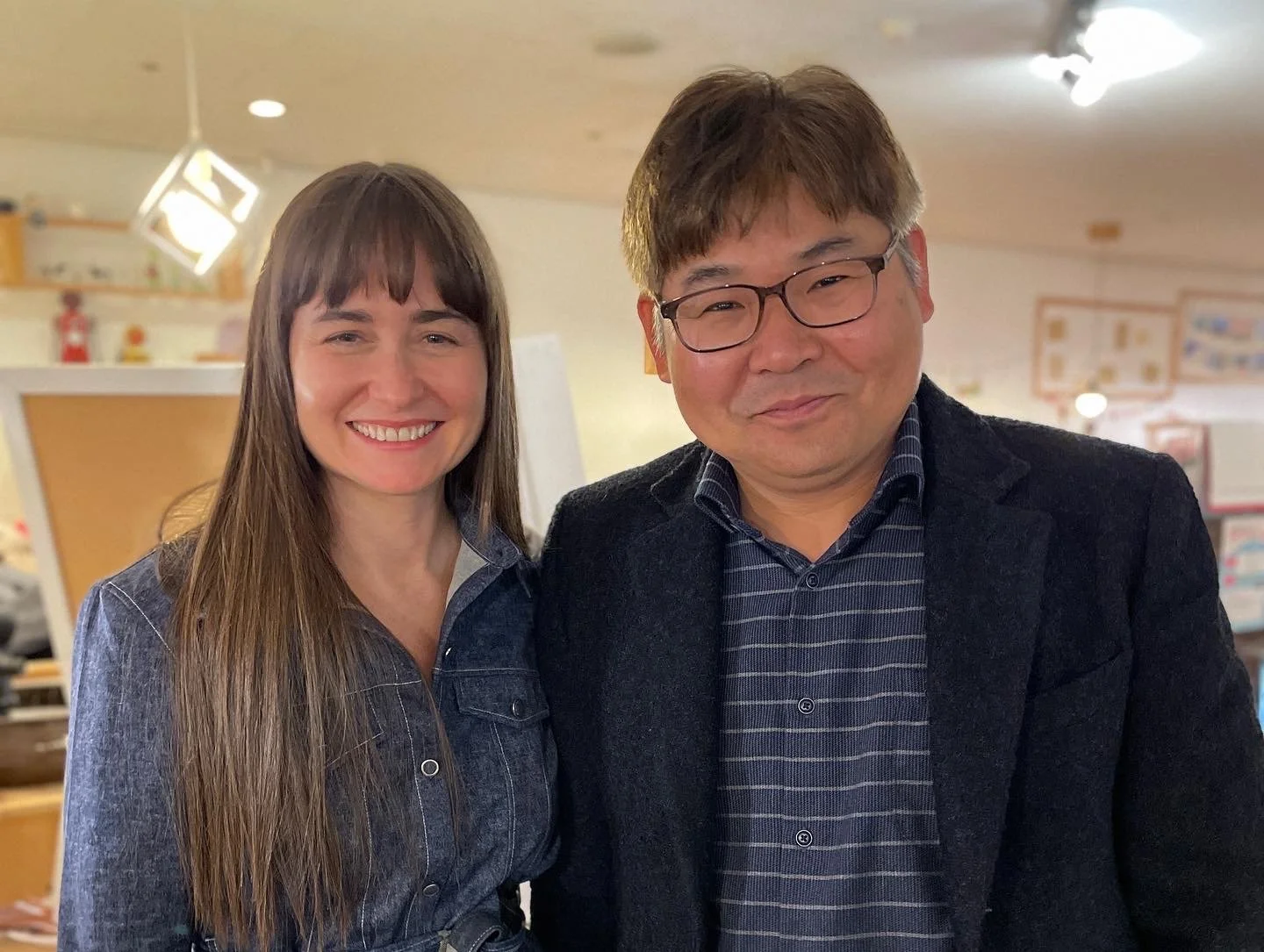Translation
I am currently co-translating, with Sanskrit scholar Shim Jaekwan, the debut collection of Korean contemporary poet Ahn Joo Cheol. Together, we’re nearing completion of a translation of Ahn's 2015 book, Things to Do in the Next Life (Changbi Publishers, Seoul).
These translations have been featured in Poetry, The Offing, Poetry Northwest, and Poet Lore.
In the world of Ahn Joo Cheol’s poetry, it is a difficult life, but not always a disappointing one. The speaker of these poems accepts the challenging conditions of living while finding beauty and solace in his own removed perspective, often rife with irony. In “Ghastly Road,” for instance, he notices a group of elders pulling “weeds and time” from the berm and glancing, unaffected, at a dog who’s been hit. The speaker seems to equate himself with the animal, beaten down; at the same time, like a god, he watches the entire scene from above.
The “I” in these poems is split from himself and removed from his surroundings, always peering in from the outside even while engaging in the daily movements of life, whether working with his father on the farm, stealing petals from the springtime magnolias looming outside his home, watching the waves break in Hamburg, or refusing to let his mother hold him in their shared bed after she loses one of her toes to leprosy. In each verse, there is union and beauty to be found, and sometimes, hope. The conditions of this life are not easy to escape; perhaps, as the title indicates and the poems follow, the speaker will find his place in the next life.
Jeanine Walker and Ahn Joo Cheol at a joint reading in Korea.
A panel discussion from AWP 2024 called “Collaborating in Korean: The Value of Co-Translating.” L to R: Jack Jung, Jeanine Walker, Shim Jaekwan, Michael Joseph Walsh, Marci Calabretta Cancio-Bello.
Ahn’s lyric “I” is close to Ahn himself. His lines, movements, and activities are infinitely relatable to readers enjoying the poems in America and beyond and yet possess a uniqueness of vision, image, and imagination that is wholly Korean. Just as he stretches the deaf cat’s ear to let the cat hear his own howling, he stretches the reader’s empathy to bring us into the world he’s lived and felt. Suffering from a perpetual alienation that supports itself through an attention to detail and a sense of transcendent beauty, Ahn reminds us we’re also alone and that, through these lines and the art of poetry, we can be alone together.

